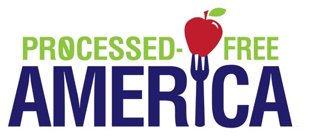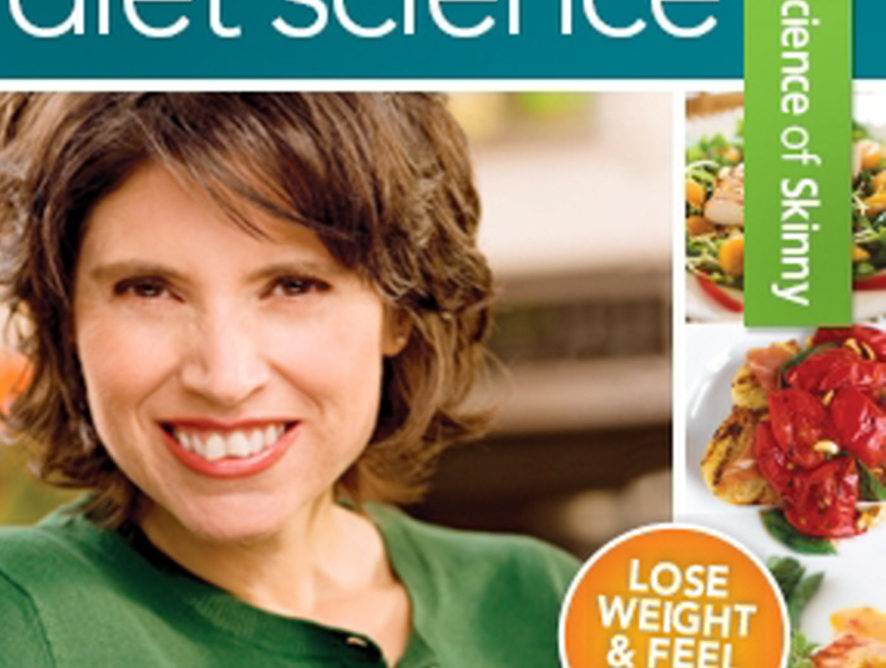Enzymes are specialized proteins that perform various roles in the body. Good digestion and good health depends on them, therefore a shortage of enzymes leads to disease and premature aging. Listen in this week as Dee discusses the role of digestive enzymes vs. metabolic enzymes, and which foods you need to include in your diet every day to support your body’s ability to produce enough enzymes.
Link to Digestive Enzymes: https://amzn.to/3K64LD7
Podcast: Play in new window | Download
Subscribe: RSS


Hi Dee, Very helpful and informative podcast, as always 🙂 I am wondering, is the enzyme you recommended the same for people with and without gall bladders? Is it the same for people following very low carb (i.e. under 50 grams per day) diets with plenty of healthy fats and moderate protein? Thanks for everything you do! You are truly an inspiration.
Hi Dolly,
Thank you for question and kind words. The digestive enzyme supplement I recommend is a full spectrum product that contains enzymes that break down all three macronutrients–fats, proteins and carbohydrates. It would be the same for people with and without a gall bladder. For those who no longer have their gall bladder, the support you need in addition to digestive enzymes is supplemental bile.
Unlike carbohydrates and proteins, which only require enzymes for digestion, most fats require both bile and enzymes for digestions. Bile is the most important factor in fat digestion, because it acts like a soap, or detergent, that is used to emulsify fats. Emulsification essentially prepares the fat for digestion by separating large fat globules into a bunch of smaller fat globules, which provides more surface area for the digestive enzyme lipase (which is secreted by the pancreas) to access the molecular bonds in the fats.
Bile is made in the liver, and is normally stored in the gall bladder until you eat some fats and it is needed to emulsify the fats to prepare them for digestion by lipase. When you don’t have a gall bladder, the bile is still made in the liver, but since there is nowhere to store it, it just constantly trickles into the digestive tract whether or not you ate any fats. The end result is that when you do eat fats, there may not be enough bile available to emulsify all the fat you just ate. This would be especially true if you are following a high fat diet like the ketogenic diet. If there is no emulsification of fats, the lipase enzyme that digests fats can’t do its job, so you end up not absorbing some of your fats, and most likely also not absorbing fat-soluble vitamins (vitamins A,D, E, and K).
So, if you don’t have a gallbladder, taking a digestive enzyme that contains lipase doesn’t do a lot of good unless you also take a supplemental form of bile.
I recommend a product called Digestion GB from Pure Encapsulations. It contains digestive enzymes AND ox bile. https://amzn.to/3LV2r29
Note: Earlier I mentioned that most fats require bile for digestion. There are a few exceptions: the route for digestion of short-chain and medium-chain fatty triglycerides triglycerides are different from long-chain triglycerides. First, there is no need for bile salts for the digestion of short-chain and medium-chain triglycerides (SCTs and MCTs). Second, lipase is also not needed because these triglycerides can be absorbed through the intestinal wall into the bloodstream in an intact form. This mode of absorption makes SCTs and MCTs highly suitable for people who no long have their gall bladder.
SCTs and MCTs are found in butter and coconut oil, but those foods also contain some long-chain triglycerides as well. MCT oil, which is basically coconut oil that has been fractionated to remove the long-chain triglycerides, is a source of fat that is exclusively MCTs.
The essential fatty acids–omega-3 and omega-6–important types of polyunsaturated fats found in flax, chia, nuts, seeds, and some green leafy vegetables, are long-chain triglycerides. The omega-3 fats found in grass-fed beef, salmon and other cold water fish are polyunsaturated long-chain triglycerides. Olive oil, avocado, and most nuts and seeds contain monounsaturated fats that are also long-chain triglycerides. Therefore, it is crucial to take additional bile when eating any of these types of foods.
~Dee
Thank you so much Dee for your thorough and enlightening answer. It is so helpful to me. Thank you for all you do 🙂